
When the Prague Spring came to Switzerland
After the Soviet invasion of the former Czechoslovakia in 1968, protests and demonstrations of solidarity took place across Switzerland.
The Zurich headquarters of Aeroflot and the Soviet Trade Bank were vandalized and Soviet embassy officials faced verbal abuse.
Official Switzerland reacted differently. The government opposed requests to freeze diplomatic relations with the countries of the Soviet bloc, even if it did express its support for the people of Czechoslovakia to obtain “greater freedom”.
Switzerland did however open its borders to Czechoslovak refugees, similar to what it had done in 1956 for those fleeing from Hungary when it was occupied by Soviet troops. By the end of 1969, over 11,000 Czechoslovaks found refuge in Switzerland. The figure rose to 13,000 in the following years, making Switzerland the main host country for Czechoslovaks in Europe.
They were granted political refugee status without too many formalities, and most of them found quickly found work.
If Switzerland’s attitude was based on widespread anti-Communist sentiments, the rapid integration of the refugees was also encouraged by the fact that they were often highly qualified.
“The Swiss welcomed us with great generosity, and I am still grateful to Switzerland today,” said psychologist Jaromira Kirstein, who fled to Switzerland in 1968 at the age of 19.
(All images: Keystone)





























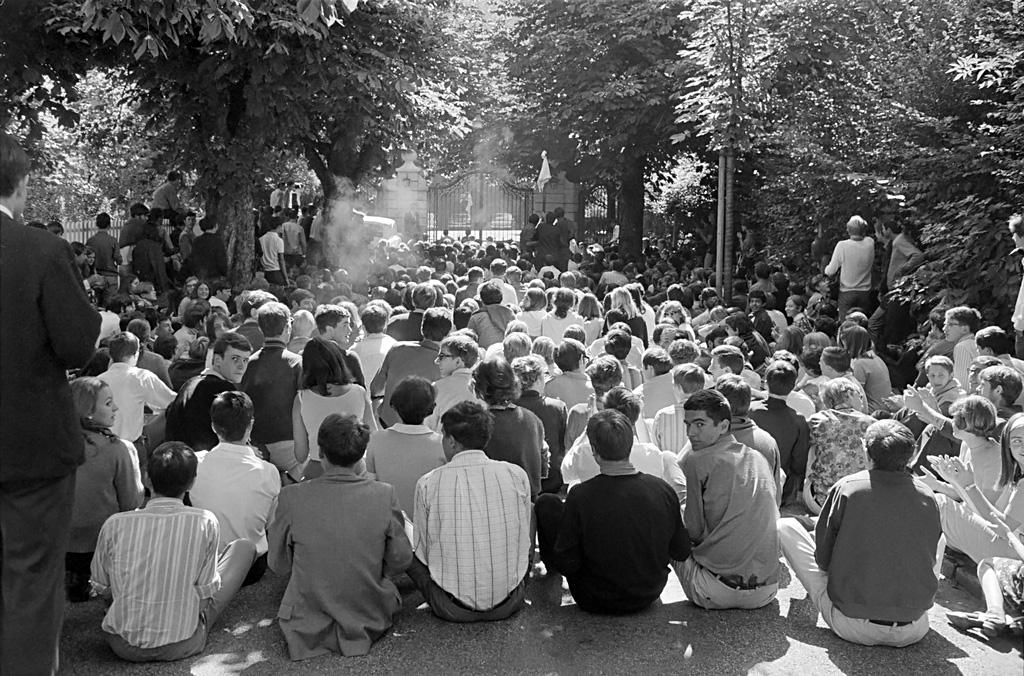
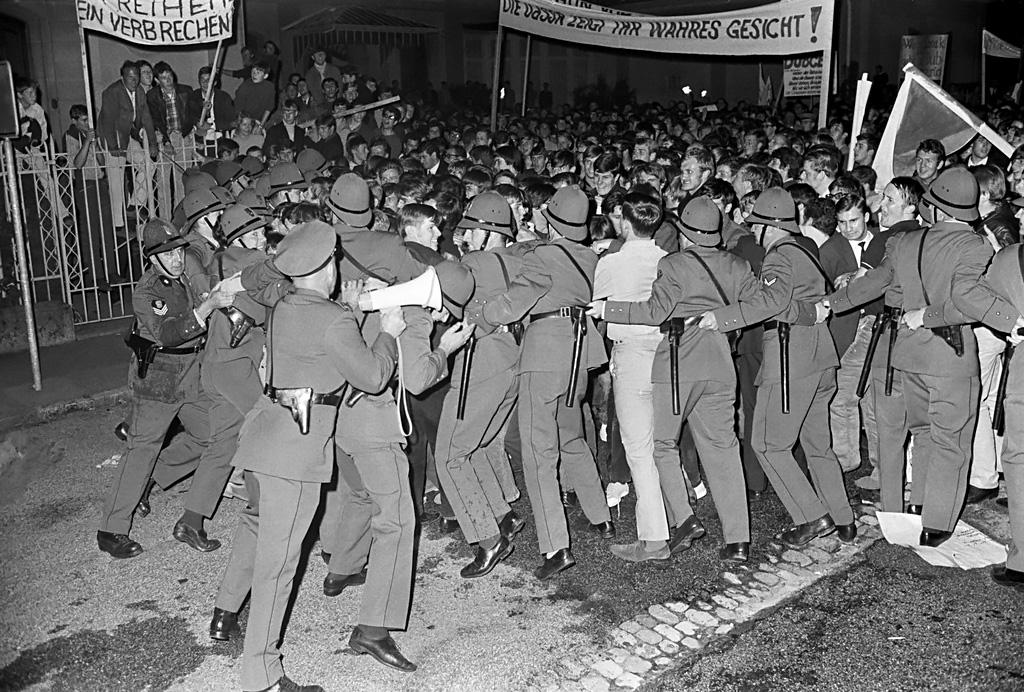
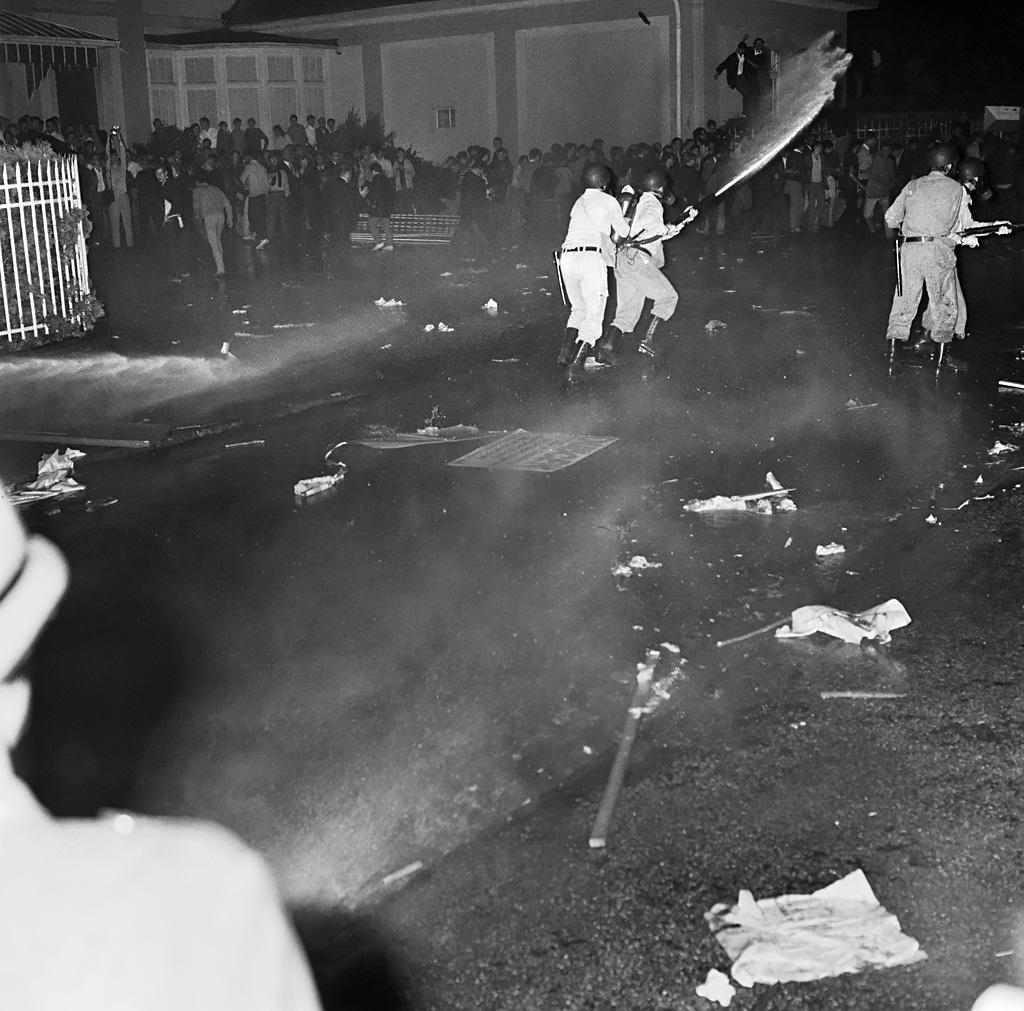

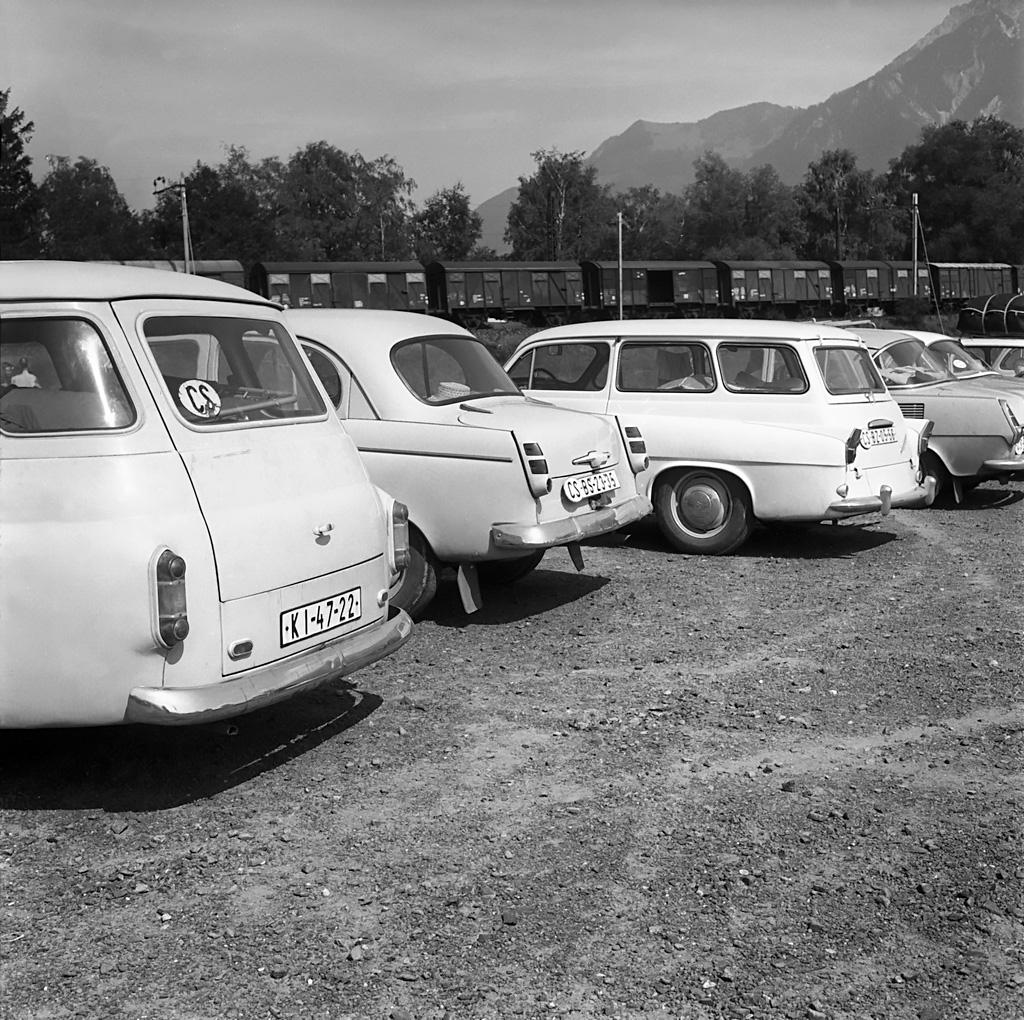
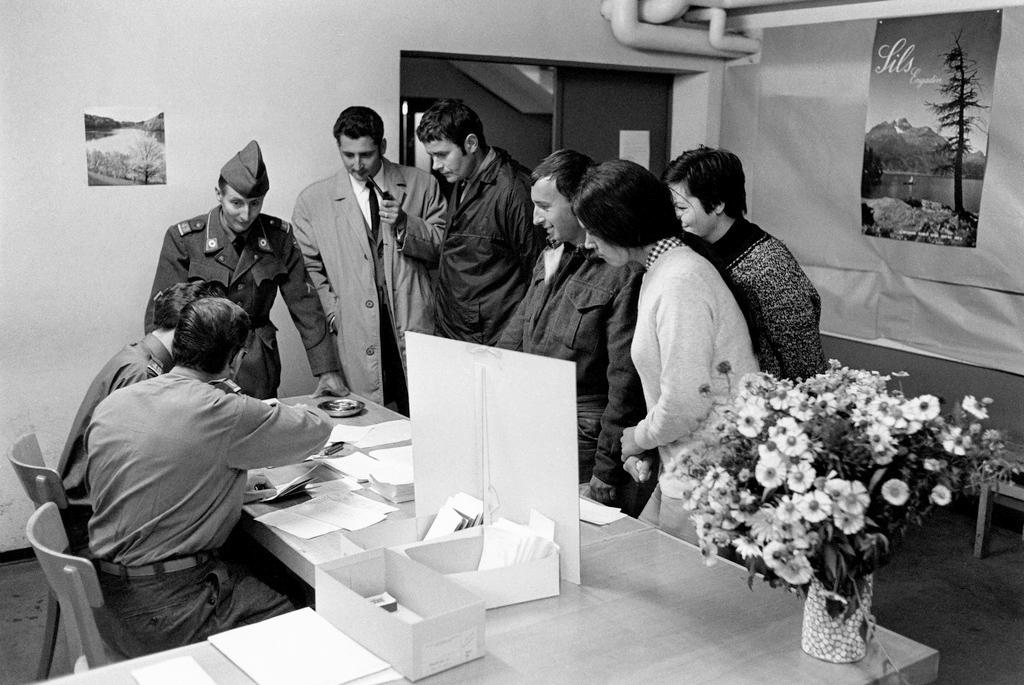
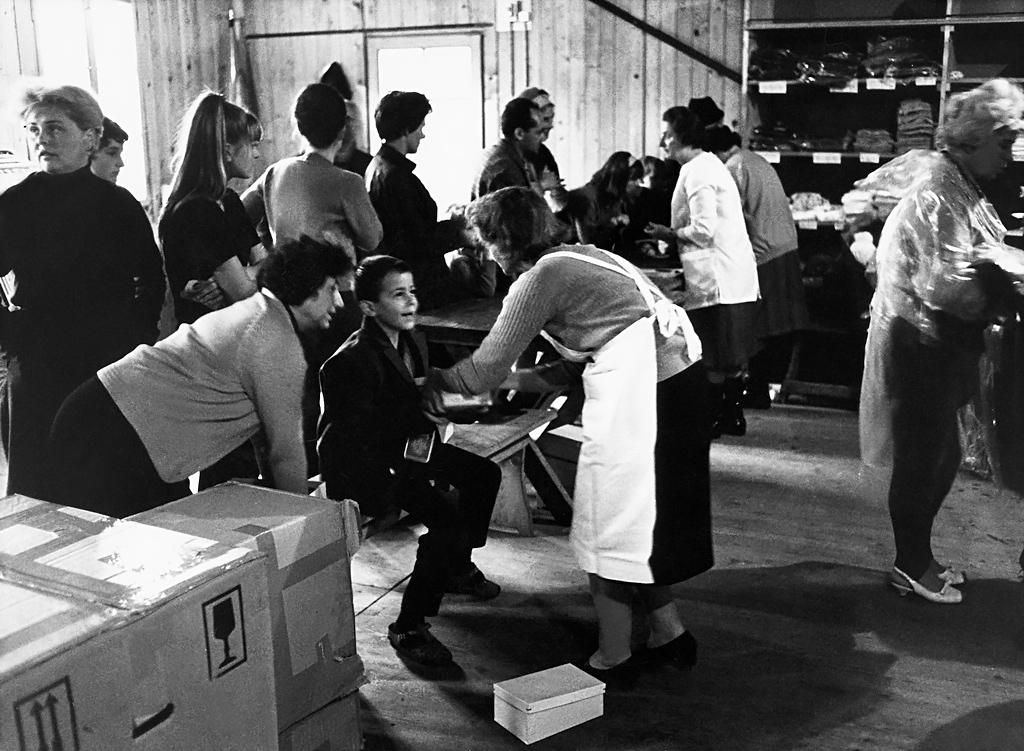

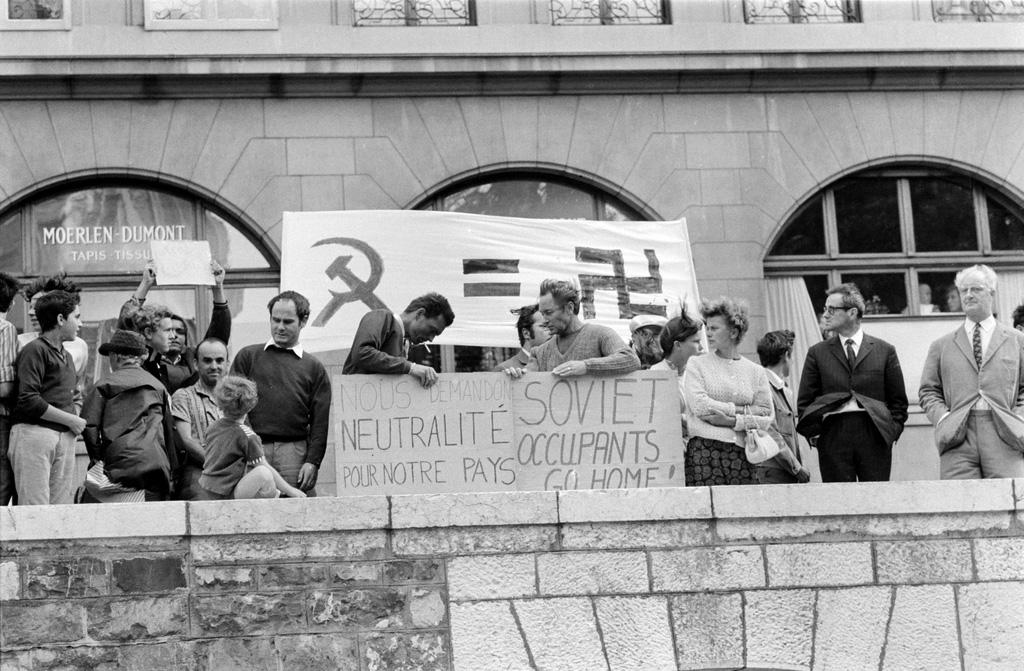

You can find an overview of ongoing debates with our journalists here . Please join us!
If you want to start a conversation about a topic raised in this article or want to report factual errors, email us at english@swissinfo.ch.